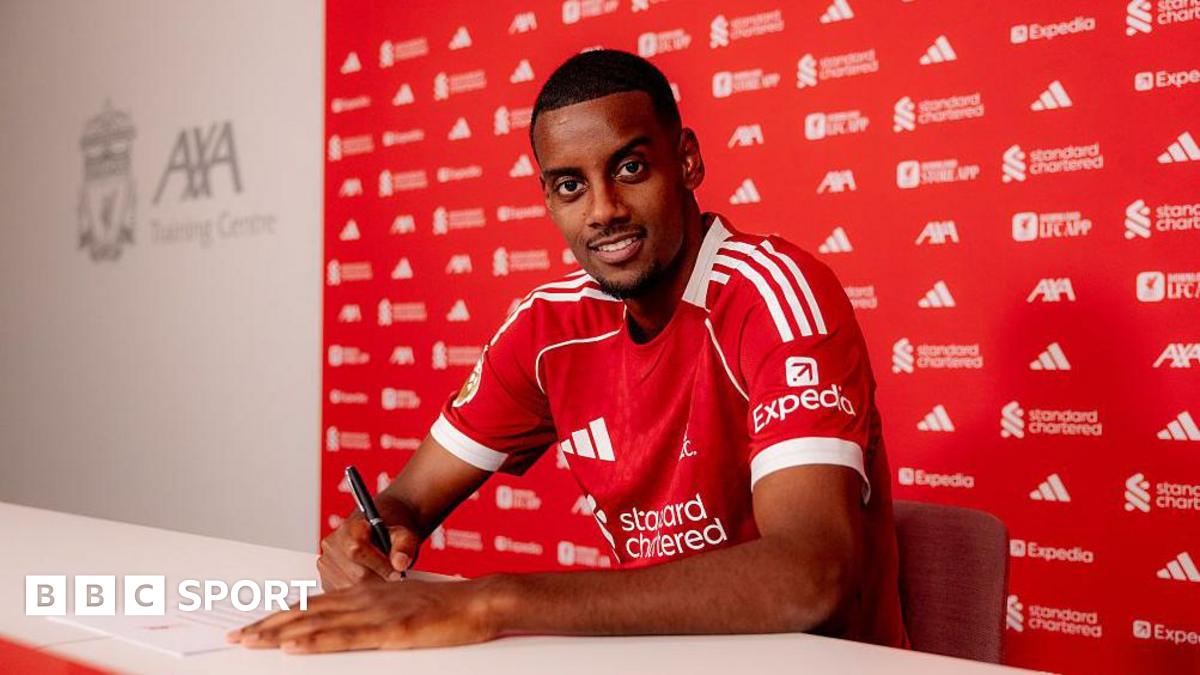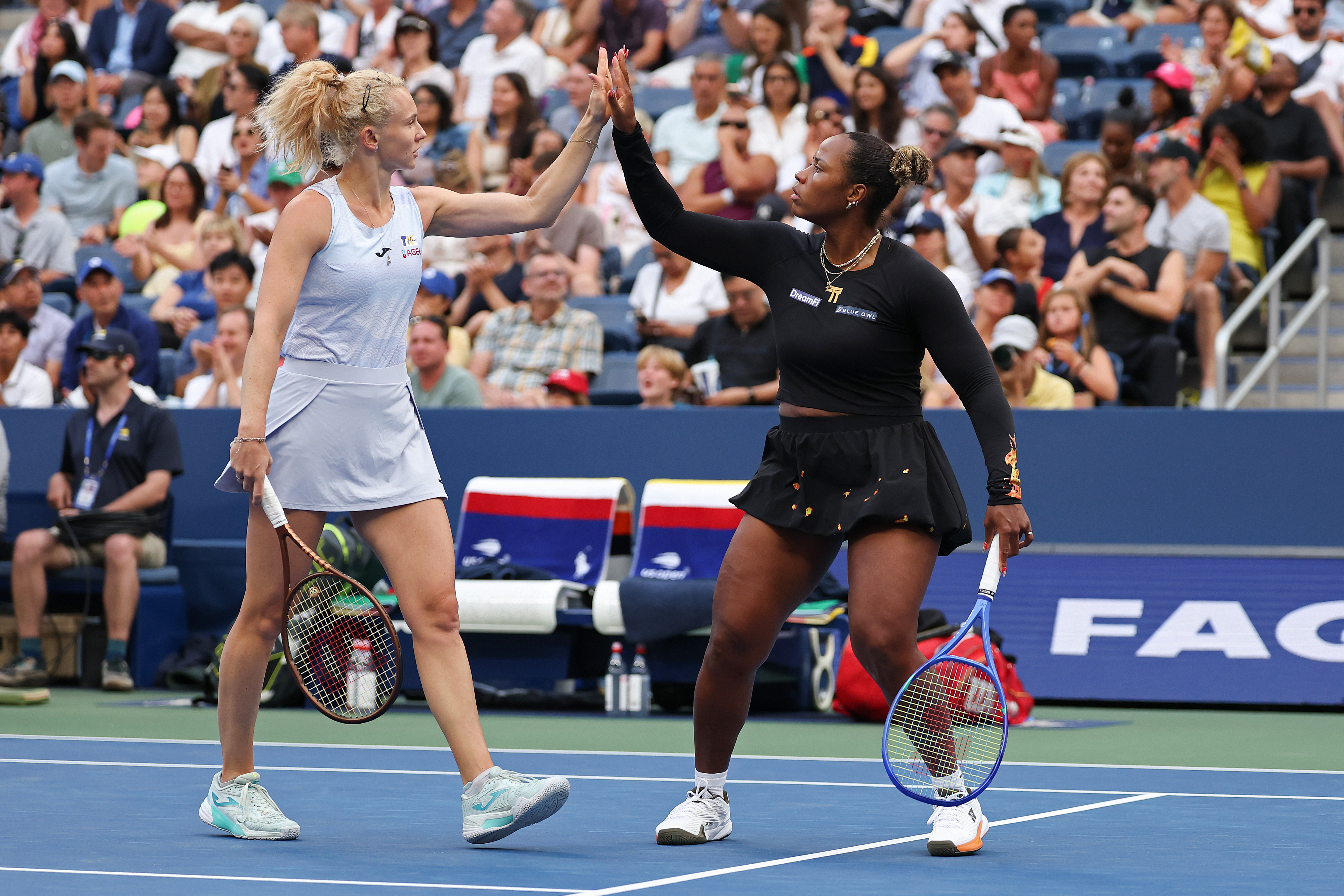Premier League: Is £3bn transfer window spending a cause for concern?

And even in the Championship, Wrexham's £30m summer investment ensured a higher net spend than the likes of Barcelona, AC Milan and Borussia Dortmund.At a time when Spain's La Liga and Italy's Serie A already want to stage regular season matches abroad, knowing they could be highly lucrative, could the disparity such leagues now face provide even more of an incentive for others to follow suit?For former Liverpool managing director and Aston Villa chief executive Christian Purslow, the Premier League's spending is simply "a reflection of the huge success of a competition that has a level of media income that dwarfs those of its main rivals overseas".Purslow is struck more by the gulf with the EFL, and that after two consecutive seasons in which the three promoted clubs from the Championship have been immediately relegated, "the huge leap required" to bridge the gap between divisions "seems to be getting wider".But he seems most concerned with a growing disparity within the top flight, with another season of profit and sustainability rules (PSR) that limit financial losses forcing more clubs to sell more players in order to comply, and the league's elite talking advantage."While it's always been true that the biggest clubs come for players of 'middle-ranking' teams, that trend has become much more mainstream and is causing more of a polarisation between the winners and losers," Purslow told BBC Sport.Purslow was reflecting on a window in which his former club Aston Villa sold Jacob Ramsey - who had been one of their few remaining senior academy products - to Newcastle United, who themselves sold homegrown Sean Longstaff to Leeds."Not only are we seeing the unintended PSR consequence of a perverse incentive to sell homegrown talent [because clubs' own academy products are counted as 'pure profit' in their accounts when sold], in general, the most likely buyers are often the so called 'big six' clubs, who are benefiting from more Champions League revenue than ever," Purslow said."It's a dangerous 'double whammy' that's being exacerbated. I think most fans really don't like it. They love to see the spine of their team have a connection to the local community, and seeing such players leave has an extra resonance."Fans know that owners are selling not because they don't have the financial resources, but to comply with the rules. So I think there's going to be more and more pressure to liberalise those rules because more fans think there's something wrong when teams like Newcastle and Aston Villa are being forced to sell players."Having seen Manchester United and Spurs finish narrowly above the relegation zone last season, while the likes of Brighton, Bournemouth and Brentford achieved top 10 status and Crystal Palace won the FA Cup, the biggest clubs appear to have used this window to try to reassert their previous dominance by targeting their domestic rivals' talent.Indeed, a record £1bn was spent between Premier League clubs, £200m more than last year.For Purslow, that has strengthened the argument for a modification of PSR in order to encourage clubs to keep hold of the homegrown talent they have developed, and to allow owners to invest more and cover more losses."You have to have some level of control, but at the moment it's skewing the competitive landscape," he said."Why have rules that encourage us to sell homegrown talent? Let's just make academy players' salaries non-deductible for FFP. It would change behaviour overnight so clubs would keep those players."Football finance expert Kieran Maguire agrees that the summer has reinforced a "major concern that the owners of the aspirational and ambitious clubs, such as Nottingham Forest, Aston Villa, Newcastle, and so on, are constrained in terms of their ability to spend in a way that didn't exist when Roman Abramovich acquired Chelsea [in 2003] and Sheikh Mansour acquired Manchester City [in 2008]".Maguire added: "They're on the wrong side of history because the PSR rules, regardless of their intent, has created a glass ceiling and has prevented owners being able to subsidise the clubs to the level they would like."Despite facing criticism from some clubs, the Premier League has defended PSR, insisting it is needed to avoid over-spending.In February its clubs chose not to replace it with a new Uefa-style 'squad cost ratio' (SCR) system of financial control which allows them to spend a proportion of their total revenues on team-related costs, which is currently only being trialled.The nine Premier League clubs that have qualified for European competition will have to comply with Uefa's SCR rules, which are stricter than PSR and allow spending on player wages and fees to amount to no more than 70% of revenues - down from 80% - for 2025."I think investment in squads is generally a good thing so long as everyone stays within the rules," Premier League chief executive Richard Masters told BBC Sport last month."Squads will be strengthened and that adds to the competitive element. It's a brilliant mix of the best stars from around the world and homegrown talent."












